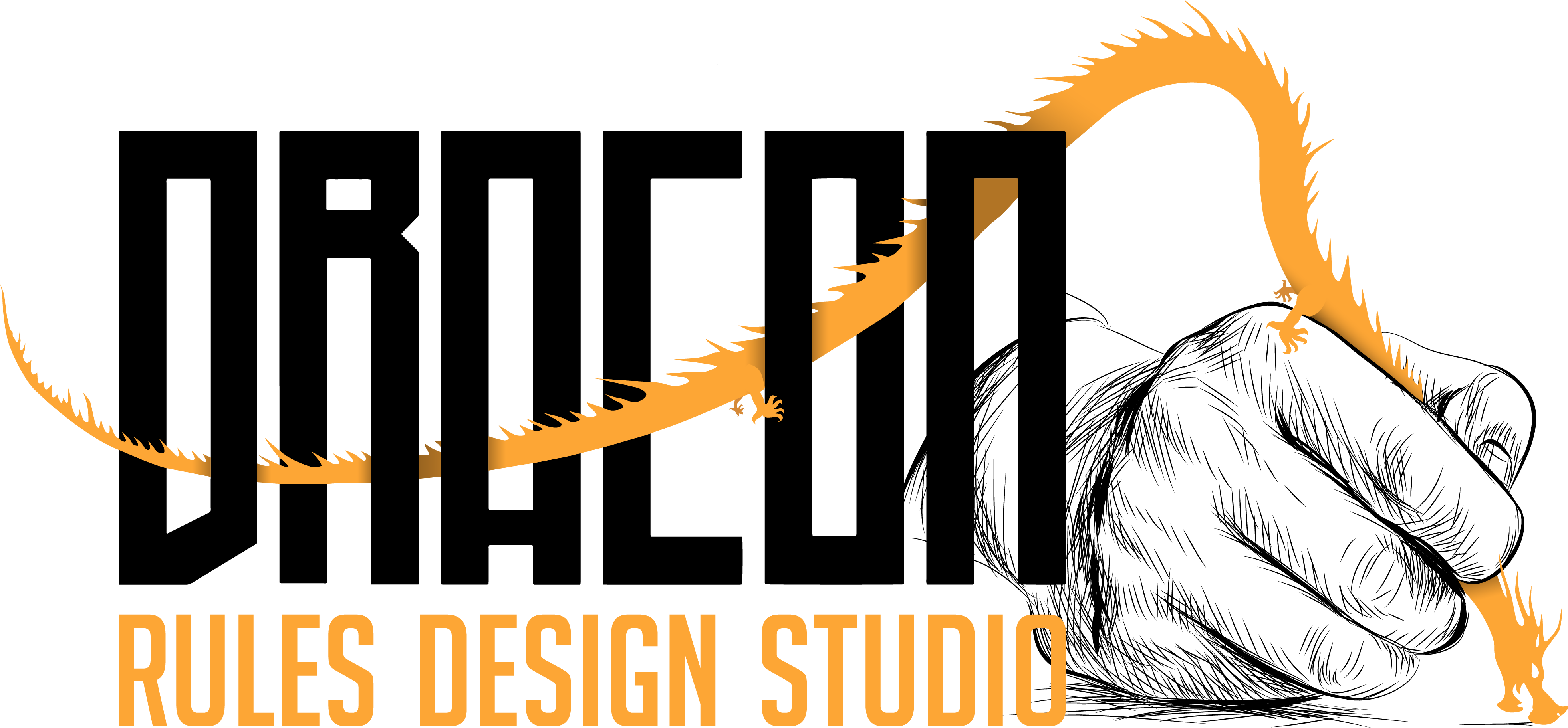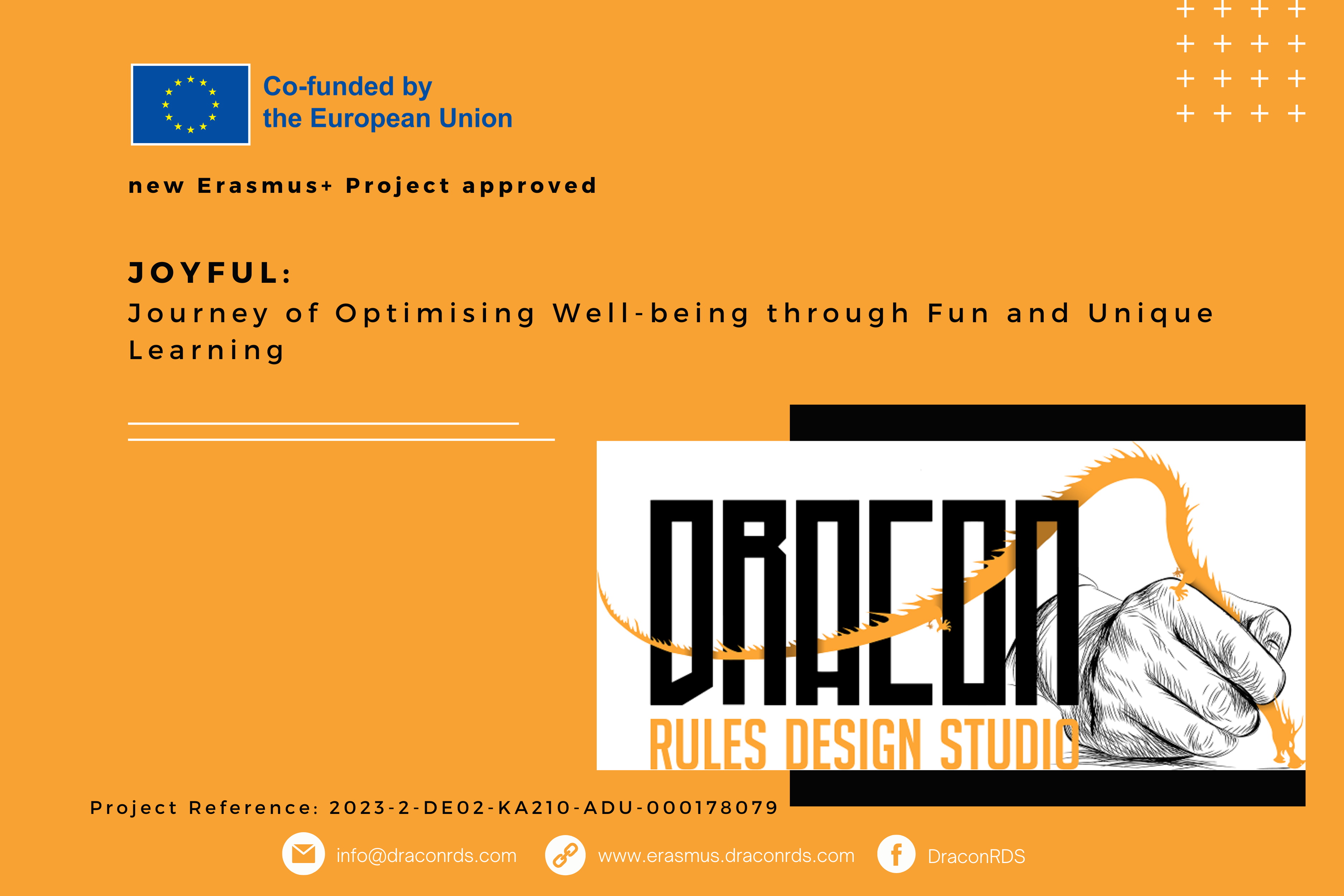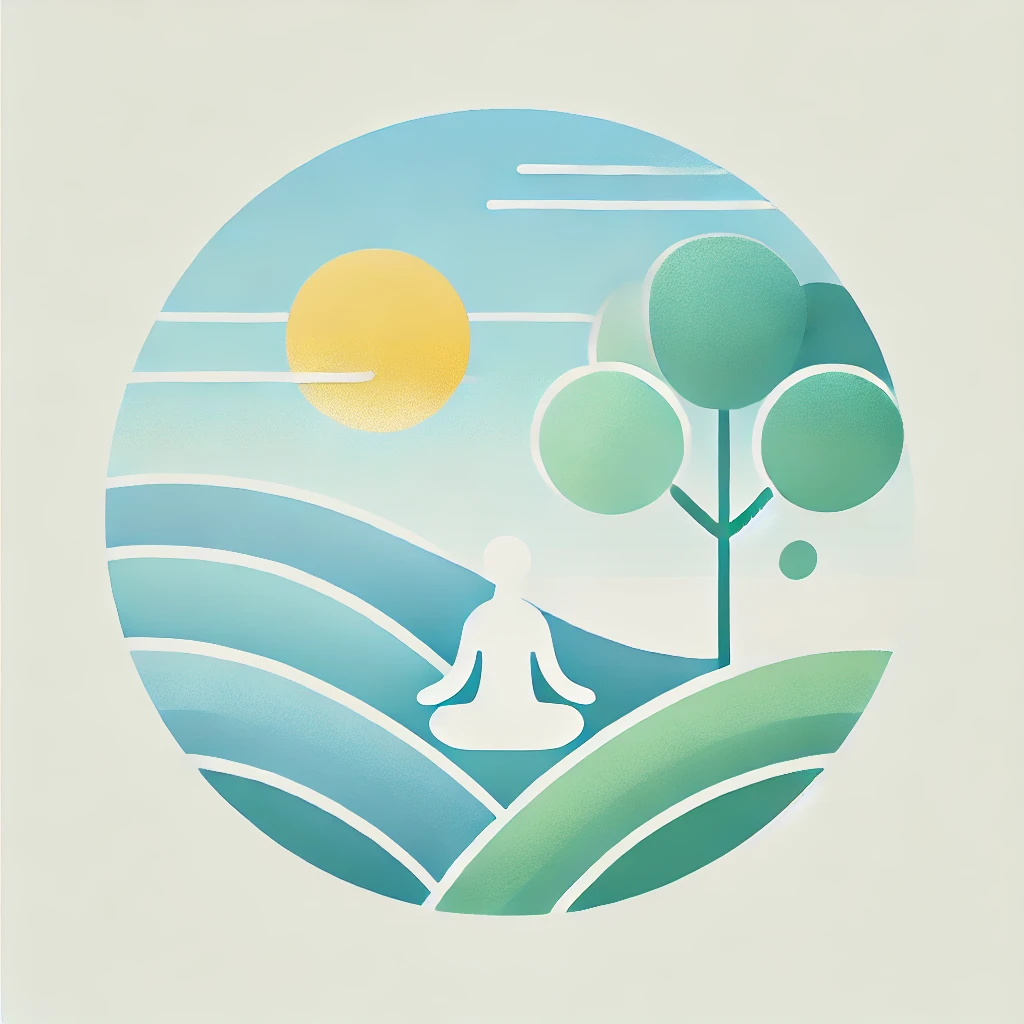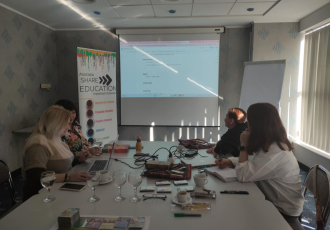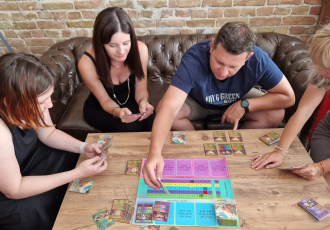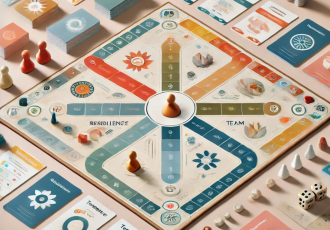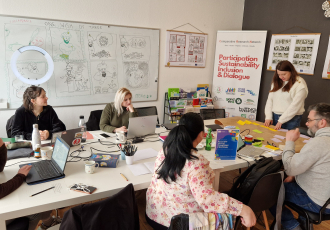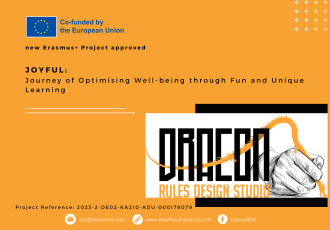JOYFUL: Journey of Optimising Well-being through Fun and Unique Learning
🌟 We’re thrilled to announce our latest Erasmus+ project: JOYFUL: Journey of Optimising Well-being through Fun and Unique Learning!
This exciting initiative, co-funded by the European Union, is designed to empower NGO staff and educators with innovative tools that promote mental well-being and resilience in the workplace. Through collaboration, creativity, and hands-on activities, the JOYFUL project introduces a unique educational board game to foster mindfulness and balance at work.
The Aim of the JOYFUL Project
At its core, JOYFUL is about creating a fun and engaging board game that helps trainers, NGO employees, and educators navigate workplace challenges with a focus on well-being. By exploring concepts like self-care, stress management, and collaboration, this tool will serve as a practical educational resource for NGOs and other organizations.
What to Expect from the JOYFUL Project
1️⃣ Learning-Teaching-Training Activities (LTTAs): Interactive sessions where participants will test and refine the game, ensuring it meets its educational goals.
2️⃣ Comprehensive Trainers’ Guide: A supporting manual for facilitators, offering strategies to maximize the game's impact.
3️⃣ Engagement with Stakeholders: NGOs, educators, and mental health professionals will come together to explore how this game can transform workplace environments.
Why JOYFUL Matters
In today’s fast-paced work environments, maintaining mental health and fostering well-being are critical. The JOYFUL project bridges the gap between work and wellness, giving organizations an interactive tool to build a healthier, more harmonious workplace culture.
We can’t wait to share more updates about this project as we move forward. Stay tuned for our Game Live Tests, partner activities, and upcoming events! 🎲
Similar news:
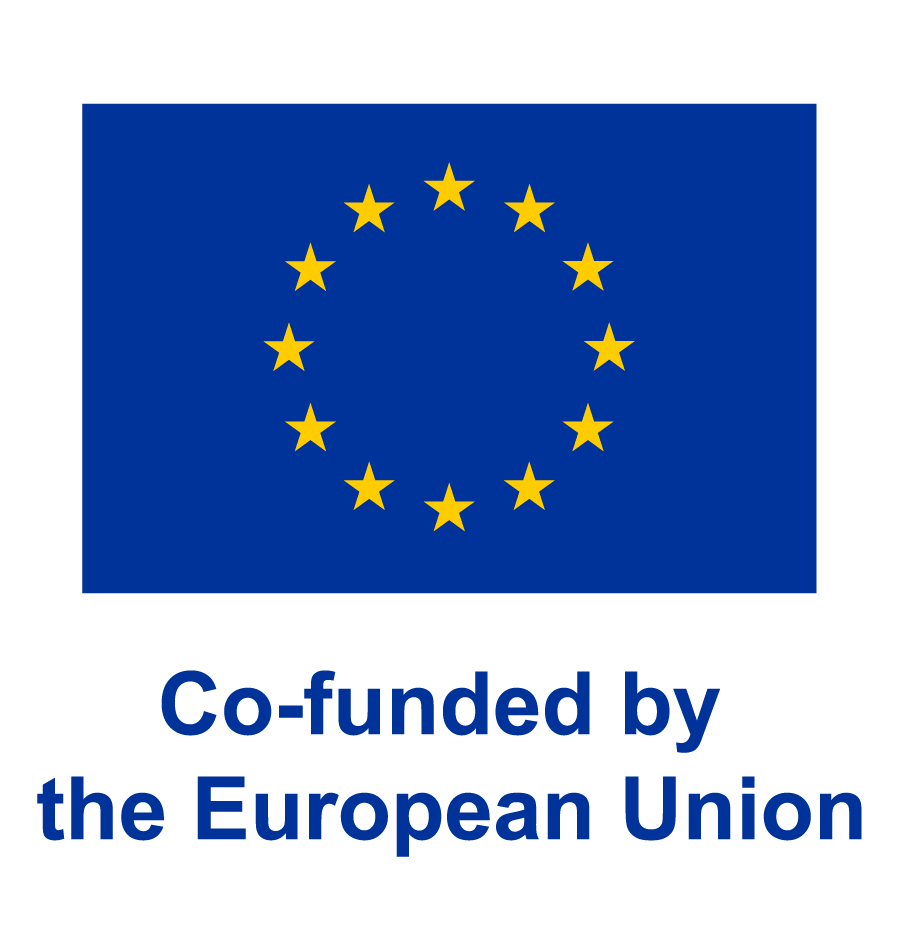
Funded by the European Union. Views and opinions expressed are however those of the author(s) only and do not necessarily reflect those of the European Union or the European Education and Culture Executive Agency (EACEA). Neither the European Union nor EACEA can be held responsible for them.
Project Reference: 2023-2-DE02-KA210-ADU-000178079
